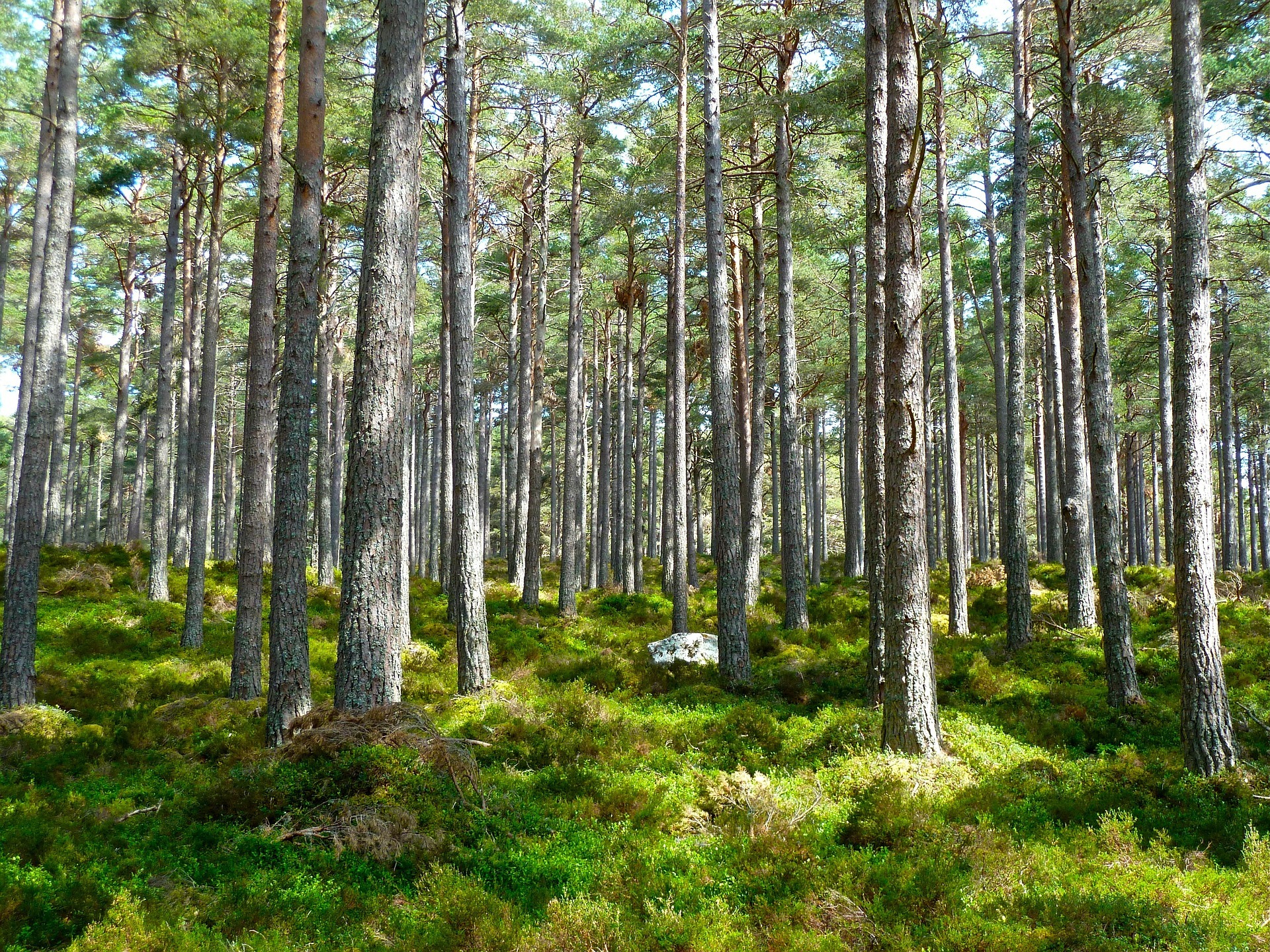
The Gate 39 Media Team Reflects on New Earth-Friendly Habits They’ve Formed as a Result of the COVID-19 Pandemic


Throughout the past year, the COVID-19 pandemic has prompted most people to make changes to their daily routine and overall way of life including earth-friendly habits. According to the National Center for Biotechnology Information, “The global disruption caused by the COVID-19 has brought about several effects on the environment and climate. Due to movement restriction and a significant slowdown of social and economic activities, air quality has improved in many cities with a reduction in water pollution in different parts of the world.”
We spoke to a few members of the Gate 39 Media team to see what, if any, earth-friendly habits they have either formed or broken as a direct or indirect result of the pandemic and how has it impacted the world around us.
Sarah McNabb, Chief Marketing Officer: Since the pandemic began and we began working from home, I have shifted from printing out copious amounts of notes to keeping everything organized digitally. When we were in the office, I used to print several sheets a day and had stacks of notes that I didn’t always refer to, but I’ve learned to efficiently pivot away from that, reducing waste, working more efficiently with digital files, and (hopefully) killing fewer trees!
Allison Bischoff, Senior HubSpot Specialist: Since my husband and I now both work from home, we have made more of an effort to eat at home and started recycling. This is always something I wanted to do but it was difficult when we were out of the house so much. Eating at home has also reduced the amount of plastic that we use and reduced the number of trips in the car. While the pandemic has created so much chaos in the world, we have been able to make the most of the new way of life, and had a positive impact on the environment.
HubSpot INBOUND 2020: Channeling Customer Empathy
Jalyssa Woodall, Digital Marketing Specialist II: One of the earth-friendly habits I’ve formed because of the pandemic is using a water filter pitcher instead of buying plastic water bottles. Before COVID-19, I found myself tugging cases of water up my apartment steps only to need a new one in two weeks. Now, with the pitcher I am using less plastic, which is great for the Earth considering plastic bottles are estimated to require approximately 450 years to decompose in a landfill. Not to mention if the plastic bottle doesn’t make it to the landfill it can end up on the street, in parks, or even waterways.
John Martello, Senior Developer: The two most impactful changes are that I drive less, and I haven’t used Metra in a year.
Megan Smith, Director of Client Services: Commuting. I took a shared ride to work, work to the gym, and the gym to home about 5 days a week. Since the pandemic hit I rarely drive and I have not taken any form of public transportation (i.e Uber/Lyft or Chicago Public transit). During my pre-pandemic commuting hours, I would often sit in traffic and think about all the gas and pollution it gave off. Traffic has drastically decreased, and it is evident how much cleaner the air is due to this. Added bonus — all the savings!
Feiying Hu, Support Specialist: Working from home reduces our carbon footprint, since we do not need to drive to the office or Metra station, which is one of our more earth-friendly habits.
Zach Mau, Production Support: Since the pandemic I have gotten more into the habit of minimalism and being much more thoughtful about what I bring into the house. I have also been going through my items and donating or selling what I do not need. It is said that the average household has 300,000 items! Other people might have a use for the items I am donating or selling and by being more intentional about what I purchase I am reducing the amount of waste I create.
—
BE SURE TO CHECK BACK AND FOLLOW OUR #WORKINGREMOTELY SERIES
You may also be interested in:
Editor’s Picks
If you've been living inside HubSpot like we have, you know the true magic is in the small, hidden tricks—those little shortcuts that save hours and...


Connect with us to discover how we can help your business grow.
.jpg)
